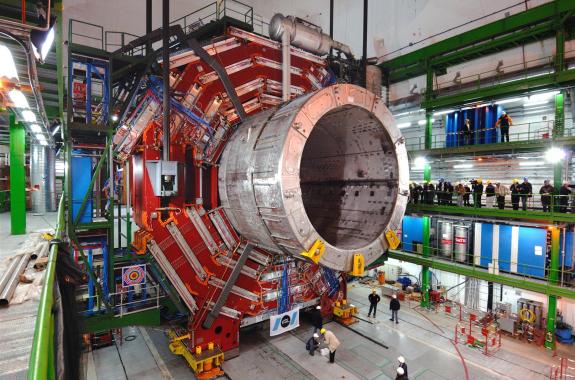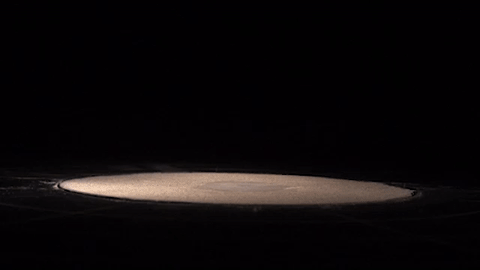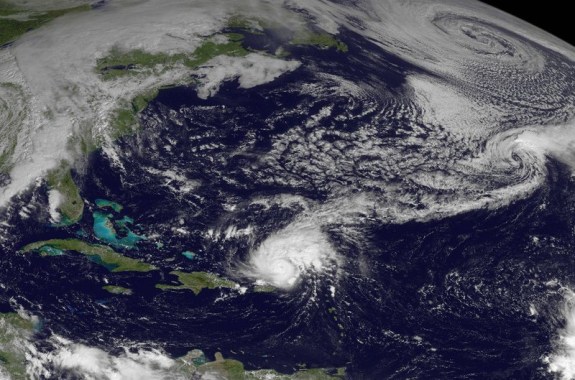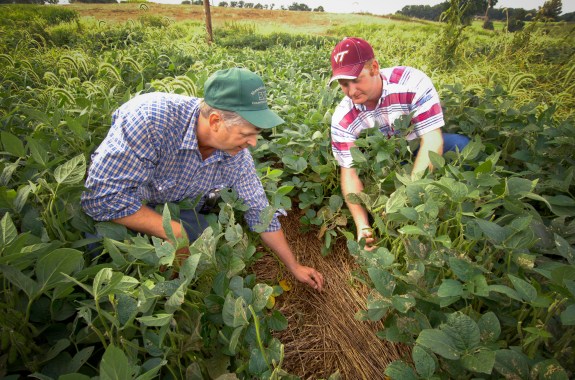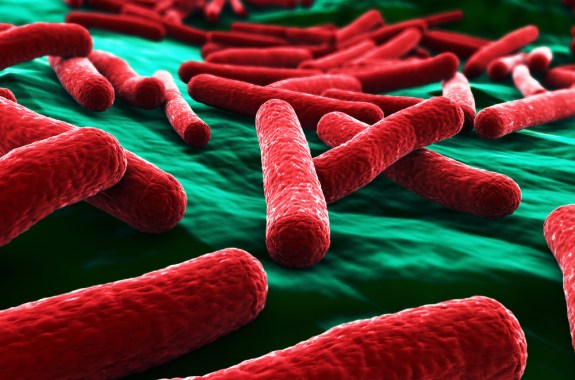Alexa Lim was a senior producer for the Science Friday radio production team, which means you could find her on the phone researching stories throughout the week and at a heightened level of anxiety every Friday between 2-4 p.m. E.T. A few of her favorite interviews have involved orchestrating a live physics game show, sound-checking with the International Space Station, and learning how to ask where the bathroom is in Dothraki.
After brief stints in an oncology lab and in the exotic world of science textbook publishing, she found her way into public radio through an internship at StoryCorps. Before joining Science Friday, she produced Jazz at Lincoln Center Radio and for the JazzStories podcast, where she discovered that the jazz harp is an underrated instrument.
Alexa grew up in San Antonio, Texas and graduated from the University of Texas at Austin with a degree in biology. She can confirm that there is no basement in the Alamo.
21:05
What-If Scenarios, Played Out Through Physics
What would happen if you stuck your hand in a particle accelerator or jumped off of the Space Station?
12:43
Searching for Signs of Life in Asteroid Impacts
Geologist Peter Schultz uses a high-velocity gun to test his hypothesis that asteroid impacts could preserve signs of ancient life.
16:52
To Infinity and Beyond With Mathematician Eugenia Cheng
Infinity is not classified as a normal number, and some infinities are bigger than others. Mathematician Eugenia Cheng explores these and other conundrums of this complex concept.
26:33
Kim Stanley Robinson Tackles How to Keep a Drowning City Afloat
In his new novel, “New York 2140,” author Kim Stanley Robinson tackles how a drowning city might adapt and thrive after disastrous sea level rise.
12:08
The Microbiome of the Clouds
Certain types of bacteria in the atmosphere can play a role in rain and snow.
6:38
The Science of Tuvan Throat Singing
Tuvan throat singers have developed a technique that allows them to produce two notes at one time.
7:20
The Oldest Fossil, Colon Cancer Rates, and Foodie Fads
Researchers discovered what seem to be fossilized bacteria that are 3.77 and 4.28 billion years-old.
17:38
Modern Farmers on the Frontline of Conservation
Some farmers are using techniques that conserve natural resources, like no-till and dry irrigation, as a way to cultivate crops according to the biology of the soil and land.
7:48
Magnetic Pottery, and the Effects of Same-Sex Marriage Laws on Teens
In states where same sex-marriage was legalized, the suicide attempts among gay, lesbian, and bisexual teens dropped by 14 percent.
21:59
How Can We Discover Better Antibiotics?
A look at the scientific obstacles and breakthroughs involved in finding and developing new antibiotics.
